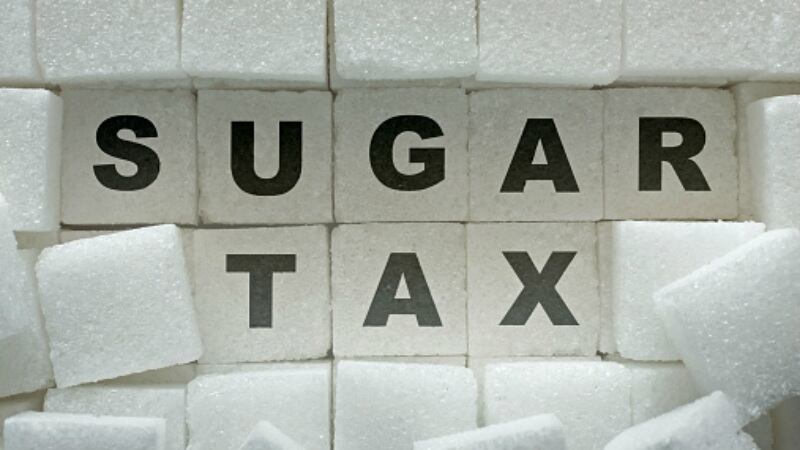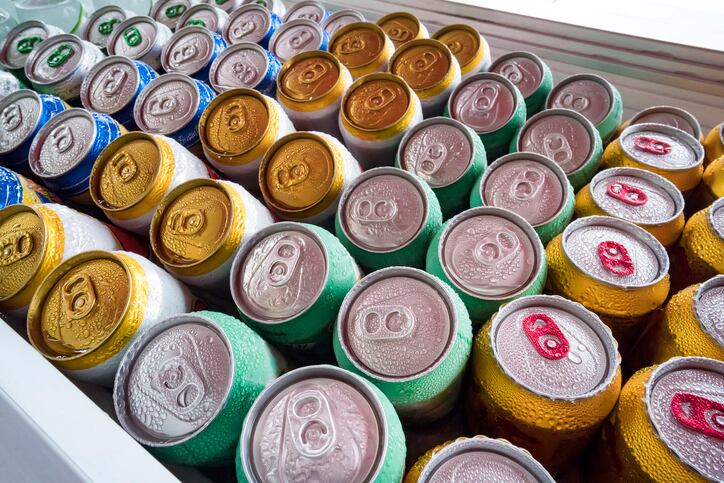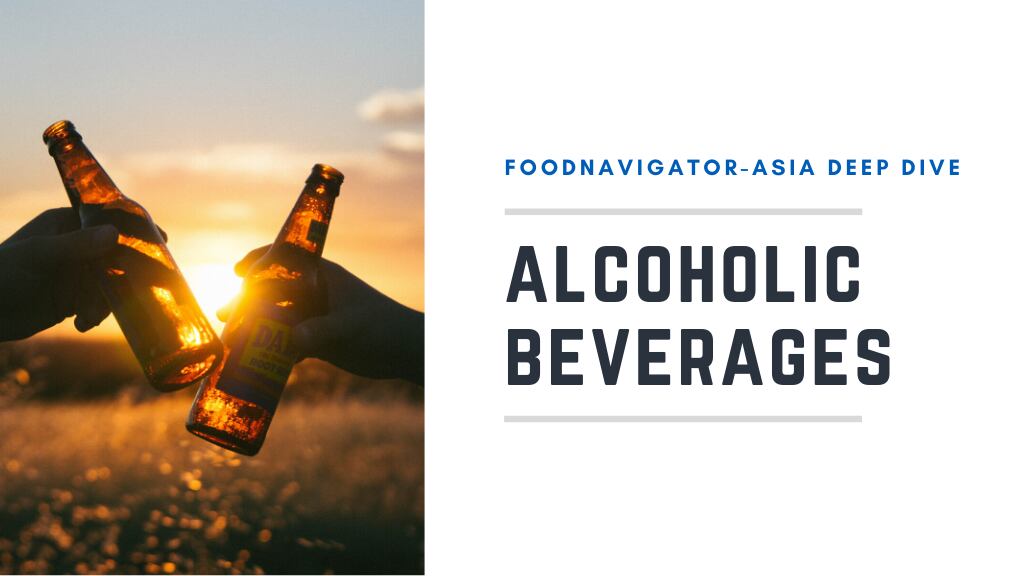The simulation was developed by dental and medical researchers from Chulalongkorn University and the Thai Ministry of Public Health together with scientists from the National University of Singapore.
The model used for this simulation was a quantitative system dynamics model based on the dynamics between SSB tax, sugar consumption and dental caries (used to represent oral health as a whole).
Simulations were conducted for the impacts of 1) No interventions at all, 2) SSB tax alone as well as 3) if more aggressive public health policies were pursued, on dental caries in Thai adults from 2010 to 2040. ‘More aggressive public health policies’ here included items such as making the utilisation of dental services more accessible, high oral health awareness, and decreasing non-SSB sugar consumption.
Running the first scenario revealed that if no actions were taken at all, the prevalence of dental caries amongst adult Thais would increase by 13.6% from 61.3% in 2010 to 74.9% by 2040.
This would imply that SSB tax implementation is a step in the right direction. However, simulating the second scenario found that the tax is only expected to decrease the prevalence of dental caries by only 1% by 2040 whereas the third scenario with ‘more aggressive’ policies involved saw a significant overall decrease of 21%.
“[This] suggests that SSB tax policy alone is unlikely to have any meaningful impact on oral health outcomes [unless] it is accompanied by a comprehensive policy that also aims to reduce total sugar intake from non-tax sugary food sources,” said the study authors.
“[This applies not only to Thailand, but also] countries where a majority of the sugar consumed are from non-tax sugary food and beverages, especially Asian countries where street food culture is ubiquitous and contributes disproportionately to sugar intake.”
From a policy perspective, it was suggested that such governments need to be more ‘innovative’ in terms of public health policy design as opposed to relying too heavily on SSB taxes seeing as these are unlikely to produce the desired results when it comes to oral health.
This would include countries with a ‘significant proportion of sugar intake from non-tax sources, such as coffee shops, high sugar content desserts and food from street shops’ – Malaysia, which already has a sugar tax in place, is one of the possible candidates here.
“Over-reliance on SSB tax will increase resources for other public health interventions [but] is unlikely to produce the expected health outcomes in dental caries,” the authors stressed.
“[However, it is clear that any] policies designed to reduce sugar intake from non-SSB sources will require significant stakeholder engagement to increase the likely buy-in from stakeholders.”
Sugar taxation in Thailand
Thailand first implemented its tiered SSB tax policy in 2017. There are two parts to this tax, where one is based on the product’s suggested retail price and the other is a specific tax rate.
Specific tax rates will be increased every two years until 2023. As of 2020, tax rates for drinks with 6g to 8g sugar per 100ml stand at THB0.10 (US$0.0031), 8.01g to 10.0g at THB0.30 (US$0.0094), 10.01g to 14.0g at THB0.50 (US$0.016), and 14.01g onwards at THB1.00 (US$0.031).
“The fraction of total sugar consumed in Thailand from SSB sources has increased from 15% in 2000 to 21% by 2015, with sugar-sweetened beverages (SSB) represent the largest source of sugar consumption,” said the authors.
“[However], Thai desserts and confectionery are still a common food source of sugar.”
Study: Impact of sugar-sweetened beverage tax on dental caries: a simulation analysis
Authors: Urwannachotima, N. et. al.
Source: BMC Oral Health





